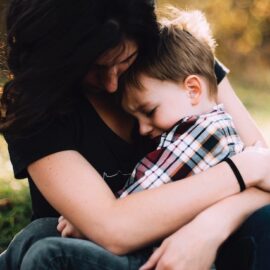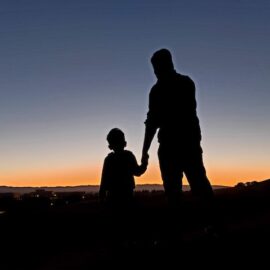The lingering effects of childhood abuse can manifest in complicated ways, shaping how adult survivors of abuse see themselves and how they interact with others. Many survivors of childhood abuse adopt coping strategies to manage the psychological after-effects of the abuse, even if those strategies remain largely automatic or subconscious.
From Pain to Betrayal: Childhood Trauma and Infidelity

Childhood trauma — sexual, emotional or physical abuse; the death or abandonment of a parent — can have a lasting impact on an individual’s sense of self and emotional wellbeing. Certain traumatic events shake us at our core, negatively impacting the foundation of our self-development. If we don’t deal with
Childhood Trauma, Affair-Prone Adult
Sexually Abused Boys, Self-Destructive Men
Betrayal Trauma Recovery

Merriam-Webster defines betrayal as being “treacherously abandoned, deserted, or mistreated.” While there are different kinds of betrayals that lead to different emotional outcomes, often the betrayed is left in an overwhelming state of emotional distress due to the actions of a loved one. Disorienting shock waves can continue long after


